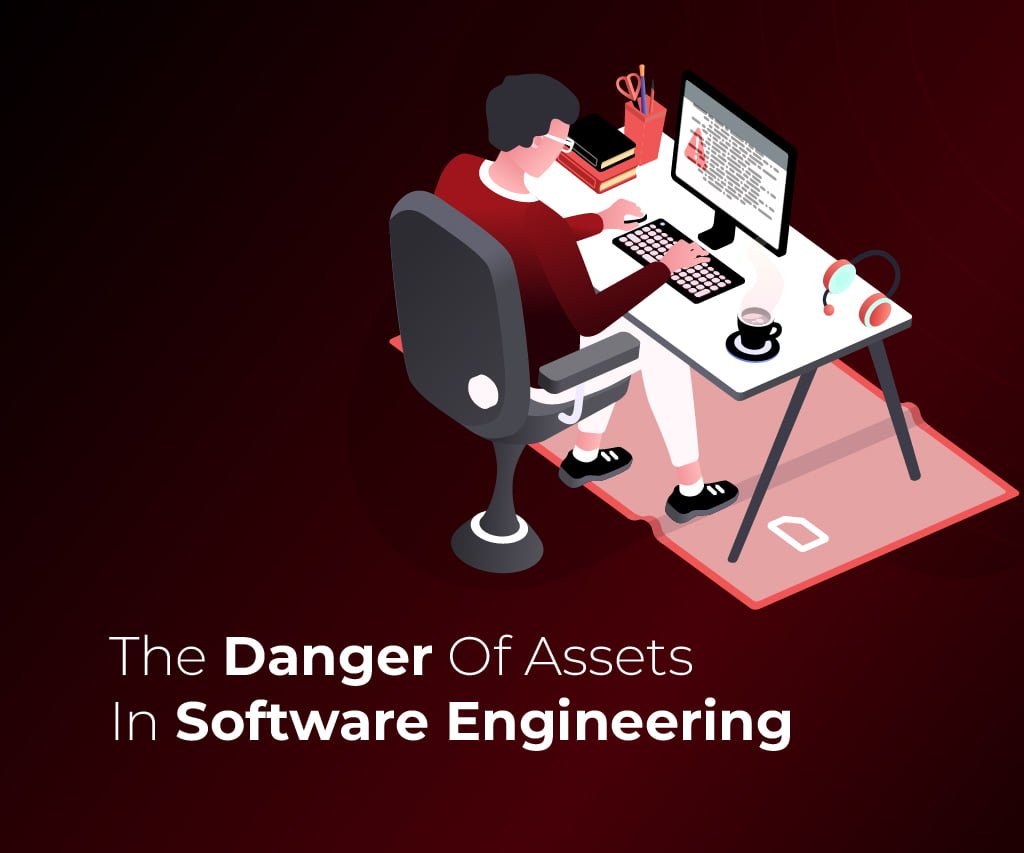Software development is a skill-intensive activity that takes advantage of numerous technological breakthroughs. Every software development project involves some uncertainty due to these and other factors. Project risk is what we call this.
The level of risk that corresponds to each project activity significantly impacts the project’s success. It is not sufficient for a project manager to be unaware of the risks. Project leadership must recognise, evaluate, rank, and manage all key risks to provide a successful outcome.
What are Assets in Software Engineering?
A software artefact is an asset if it has value for a project or organisation. It is employed in and/or facilitates the creation, development, distribution, or evolution of software-intensive goods or services over time.
Assets are work products that are created, altered, and utilised during various tasks involved in creating software-intensive goods or services. However, assets’ persistence is crucial. Assets must be persistent in providing efficient quality control, but artefacts may only be persistent during the entire project life cycle.
We contend that non-persistent software artefacts and only intermediate (short-term or one-off) labour outputs of a task should not be regarded as assets. An artefact is, therefore, an asset, although this is only sometimes the case; some artefacts may not be eligible to be classified as assets under this definition.
Risks When an Organization is not Equipped with Asset Management Software:
- No Asset Information
If you don’t even have a vague concept of how many assets your company has or what kind of condition they’s in. What happens to the assets you hold needs to be noticed by everyone?
Additionally, your company will need to reinvest, resulting in increased costs. Additionally, you won’t be aware of when maintenance is required for a certain asset, which asset requires more maintenance, when it was purchased, or even when it has to be disposed of, etc.
Solution: You can keep a current record of asset upkeep thanks to the programme. Additionally, it contains all of the asset’s data. Additionally, it warns & tells the accountable person about the maintenance.
- Asset Failure
Unexpected breakdowns cost not only money but also reduce an organisation’s productivity. The machine failure may result in the workers becoming idle.
Regular maintenance prevents unplanned malfunctions, costly repairs, and the need to replace equipment parts.
Solution: The software’s preventive maintenance feature is quite useful. Because assets are constantly maintained and sent for maintenance, if any issue is discovered when an organisation uses this strategy, it reduces the likelihood of sudden asset breakdown and failure.
- Ghost Asset
Ghost assets can harm your company because they have a negative financial impact. For those who are unfamiliar with ghost assets! Although described in the books, these assets are absent. Essentially, businesses are paying taxes on things they aren’t using.
Solution: Using an asset monitoring technology, which gives real-time asset location, can help your company get rid of phantom assets. This software also has a check-in/check-out capability. Thanks to this method, you will always be aware of the location of your assets, their current status, who is utilising them, etc.
Since it enables an organisation to manage and monitor its assets with an organised and systematic approach, asset management is important. Profitability and effectiveness are benefits that put a corporation in a better position to increase return on investment.
Conclusion
These are just a few scenarios that could occur if a company does not have asset management software. As a result, asset management is crucial for the company. It helps in a variety of ways. Some of the effects include decreased production and underutilised resources.
An asset management solution can reduce all of these challenges and issues. Asset management is crucial if you desire total control over your assets. All kinds of businesses can benefit greatly from asset management. It can limit risk exposure, increase productivity, and decrease asset breakdown.














0 Comments